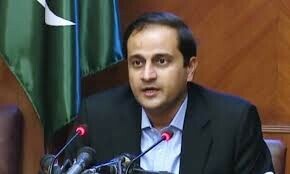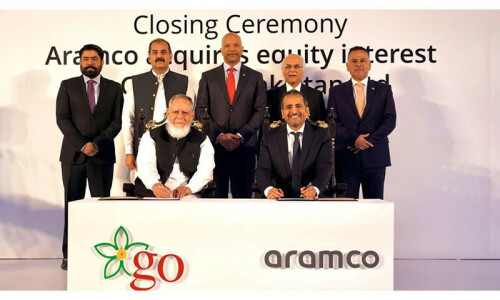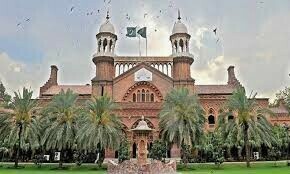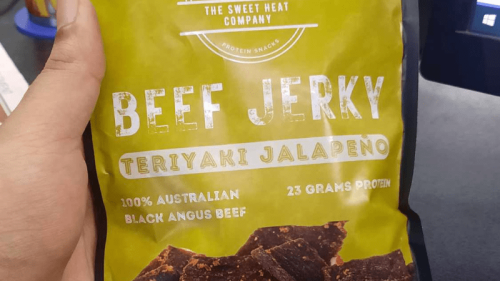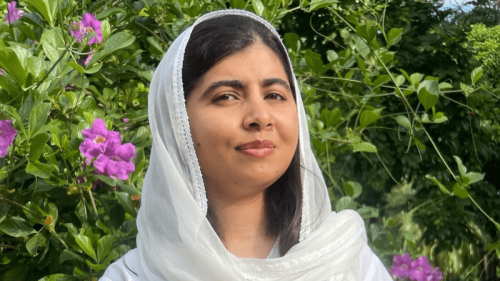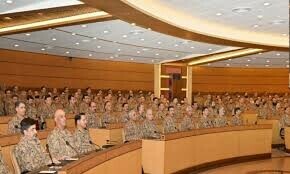WASHINGTON: In his fifth State of the Union address, US President Barack Obama has declared that he has imposed “prudent limits” on the use of drones that target militants in Pakistan’s tribal areas.
He also outlined his plan to wind down the war in Afghanistan by removing most troops and completing the mission by the end of this year.
Mr Obama linked the use of drones to America’s efforts to “actively and aggressively pursue terrorist networks” but said that the time had come for reviewing the policies that began after the Sept 11, 2001 terrorist attacks on the US soil.
“America must move off a permanent war footing,” he said, earning a standing ovation from the audience. “That’s why I’ve imposed prudent limits on the use of drones,” he added, reminding his nation that “we will not be safer if people abroad believe we strike within their countries without regard for the consequence”.
He also emphasised the need for negotiating a security agreement with Afghanistan to keep a small force there to train Afghan troops and pursue Al Qaeda.
Mr Obama took credit for halting Iran’s nuclear programme through diplomacy and pledged to veto any move in the US Congress for imposing new sanctions on Tehran.
In Syria, he pledged to back the rebels but only those who reject terrorism and promised the Syrian people that they would get the future they deserve.
Mr Obama also promised to overhaul US surveillance programmes to restore public confidence and renewed his call for Congress to help close the Guantanamo Bay prison camp.
Reports in the US media had indicated that the president would use his annual address to lay out his foreign policies but he devoted the first 60 minutes of the 80-minute speech to domestic issues. Even the last 20 minutes were not entirely about foreign policies as Mr Obama kept referring to domestic issues.
There were just two paragraphs on Afghanistan, where the United States still has tens of thousands of troops and is trying to negotiate a deal with the Afghan government for deploying a small force after 2014.
Critics said this showed the growing disinterest in the Afghan war, which became America’s longest when it entered its 13th year in September 2013. Recent opinion surveys show that an overwhelming majority in America wants the administration to end the war.
Mr Obama recalled that when he took office in 2008, nearly 180,000 Americans were serving in Iraq and Afghanistan. “Today, all our troops are out of Iraq. More than 60,000 of our troops have already come home from Afghanistan,” he said.
And those still there had moved to a support role as Afghan force now led the security operations, said the US president declaring that: “Together with our allies, we will complete our mission there by the end of this year, and America’s longest war will finally be over.”
The announcement again earned him a standing ovation and when it subsided, President Obama laid out his future plans for Afghanistan.
“After 2014, we will support a unified Afghanistan as it takes responsibility for its own future,” he said. “If the Afghan government signs a security agreement that we have negotiated, a small force of Americans could remain in Afghanistan with Nato allies to carry out two narrow missions: training and assisting Afghan forces, and counterterrorism operations to pursue any remnants of Al Qaeda.”
Mr Obama assured his nation that while America’s relationship with Afghanistan would change, “one thing will not: our resolve that terrorists do not launch attacks against our country”.
















